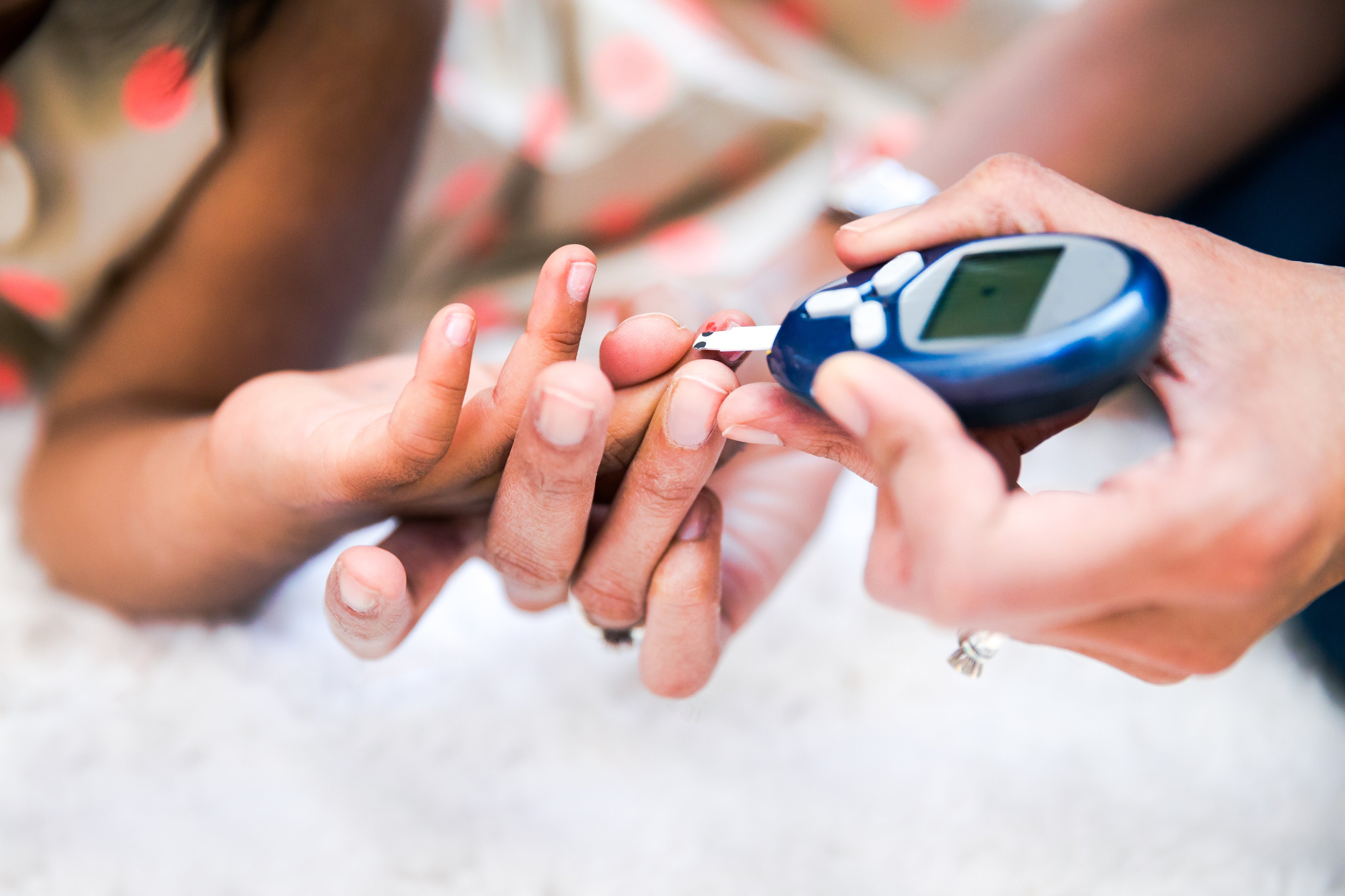You and your child have now settled in a routine in balancing food, exercise, and insulin or diabetes medication. However, occasional events can disrupt this routine and affect your child’s blood sugar levels.
Sickness often changes blood sugar levels
With certain illnesses, your child’s blood sugar level may go up because illness is a stress to the body and stress creates a demand for more insulin. Therefore, on a sick day the usual amount of insulin may not be enough. Not all illnesses make blood sugar levels go up. In fact, illnesses like diarrhea may be accompanied by low blood sugar levels. As well, during illness your child may not eat well, which can increase ketones in the urine.
Therefore, when a child with diabetes is sick, careful monitoring of blood glucose levels and urinary ketones will help determine the effect of the illness and the best plan of action.
Activity often lowers blood sugar levels
Exercise affects blood sugar levels because it:
- lowers blood sugar levels,
- makes the body more sensitive to insulin.
This is why you should pair exercise with extra food. After a while, you will become more familiar with how your child responds to activity and you will have a better idea of how much food, if any, to offer. Some, often older children learn to decrease insulin during times of extra activity rather than eat extra food.
